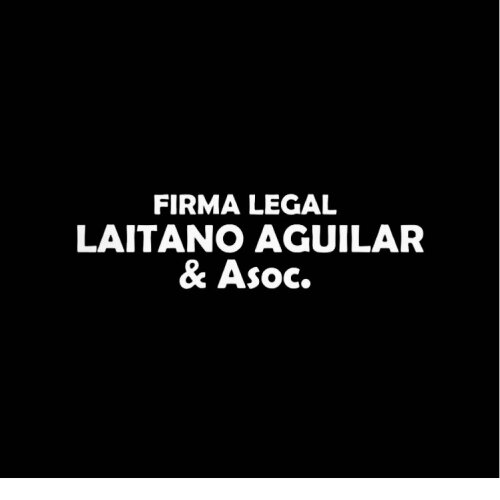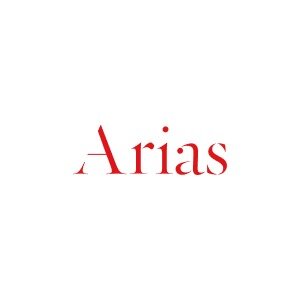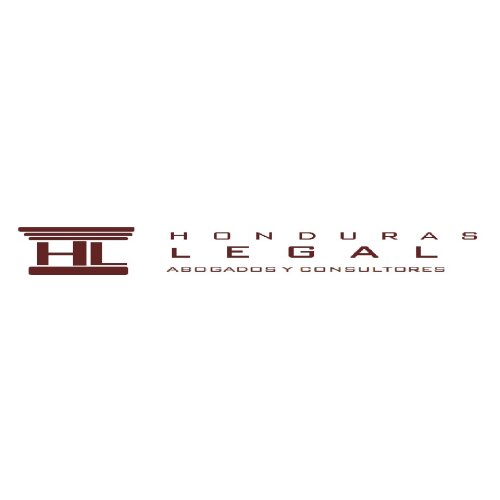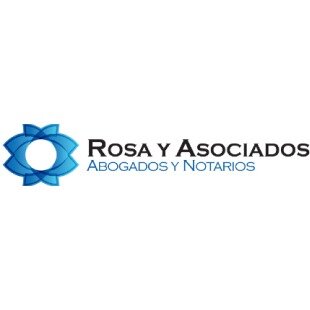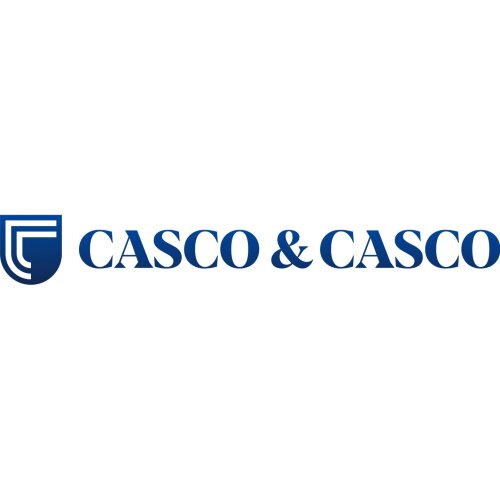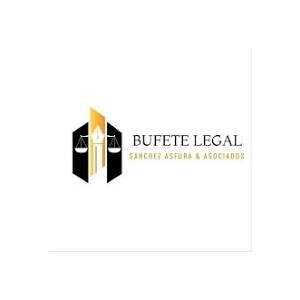Best Energy, Environment & ESG Lawyers in Tegucigalpa
Share your needs with us, get contacted by law firms.
Free. Takes 2 min.
List of the best lawyers in Tegucigalpa, Honduras
About Energy, Environment & ESG Law in Tegucigalpa, Honduras
Energy, Environment and ESG (Environmental, Social, and Governance) law in Tegucigalpa, Honduras, encompasses the legal frameworks and regulations governing the use of natural resources, energy development, environmental protections, and corporate social responsibility. As the capital and largest city of Honduras, Tegucigalpa faces unique challenges related to urban growth, sustainable development, energy distribution, and environmental conservation. The city is subject to both national and municipal regulations that aim to balance economic growth with the need to protect natural habitats and ensure compliance with international standards for environmental and social governance, especially as foreign investment and major development projects increase.
Why You May Need a Lawyer
Legal guidance in the field of Energy, Environment and ESG can be essential for individuals, businesses, and organizations working or living in Tegucigalpa. Here are some common situations where you may require legal help:
- Permitting and approvals for energy projects, such as solar farms or hydroelectric facilities
- Compliance with environmental impact assessment requirements
- Defending or initiating claims related to environmental contamination or resource use
- Interpreting new government regulations or policy changes affecting your business
- Resolving disputes with regulatory authorities
- Negotiating contracts and ensuring ESG criteria are met in supply chains or investment projects
- Assistance for communities or NGOs advocating for stronger environmental protection measures
- Advising on corporate disclosure obligations for sustainability practices
- Handling property or water rights disputes connected to energy or environmental concerns
Local Laws Overview
Energy, Environment and ESG matters in Tegucigalpa are governed by a blend of national and local legislation. Key points include:
- The General Environmental Law (Ley General del Ambiente) sets the framework for environmental regulation, requiring impact assessments for many projects and outlining consequences for non-compliance.
- The National Electric Energy Law dictates licensing, operation, and supervision for energy generation and distribution, including renewable energies, and sets out obligations for environmental protection.
- Municipal regulations in Tegucigalpa add zoning controls, pollution standards, and waste management obligations specific to the urban area.
- ESG standards are becoming more widely adopted, especially for companies seeking foreign investment, but are often voluntary except where tied to public tenders or international agreements.
- Water, forestry, and protected areas have their own codes, each creating specific requirements for land use and business activity.
Navigating these overlapping regulations can be complex, and recent reforms mean the legal environment for energy and environmental matters is constantly evolving.
Frequently Asked Questions
What is ESG, and how does it apply in Tegucigalpa?
ESG stands for Environmental, Social, and Governance. It refers to standards and practices that companies use to assess their impacts on the environment, society, and their own governance structures. In Tegucigalpa, ESG is especially relevant for companies seeking investment or working on projects with international partners who demand higher transparency and responsibility.
Do I need special permits to start an energy project in Tegucigalpa?
Yes, energy projects generally require a series of permits, including environmental authorization, municipal approvals, and in some cases, licenses from the National Electric Energy Commission. Each project is different and may need additional clearances.
What is an Environmental Impact Assessment?
An Environmental Impact Assessment (EIA) is a required study for most major development projects. It evaluates potential environmental effects and proposes mitigation measures. The government must review and approve the EIA before the project can proceed.
Who enforces environmental laws in Tegucigalpa?
Enforcement is handled by multiple agencies. The Secretariat for Natural Resources and Environment (SERNA) is the main national authority. Local enforcement comes from the municipal government of Tegucigalpa, particularly for urban issues.
Are there special protections for indigenous or local communities?
Yes, Honduran law provides protections for indigenous and local communities, particularly regarding land use, water rights, and consultation before launching certain projects. These protections are rooted in both national law and international treaties ratified by Honduras.
How can businesses ensure compliance with ESG standards?
Businesses can work with legal counsel to develop ESG policies, monitor compliance, conduct internal audits, and stay updated on changing regulations. For some sectors, compliance may be mandatory; in others, it is a competitive advantage.
Can individuals file complaints about environmental issues?
Yes, residents or organizations can file environmental complaints with SERNA, the municipal government, or the Public Prosecutor’s Office if they believe there is a violation of environmental norms.
What are some penalties for violating environmental regulations?
Penalties can include fines, suspension of business activities, remediation orders, or even criminal charges in severe cases. The amount depends on the nature and extent of the violation.
Are renewable energy projects encouraged by law?
The Honduran government has enacted incentives such as tax breaks, simplified permitting, and public-private partnership opportunities to promote renewable energy generation, particularly solar and wind projects.
How does climate change affect environmental and energy law in Tegucigalpa?
Climate change is leading to stricter regulations for emission controls, water usage, and disaster preparedness. The government is increasingly requiring businesses to consider climate risk in their planning and operations.
Additional Resources
If you need more information or official guidance, these organizations and institutions are valuable resources:
- Secretariat for Natural Resources and Environment (SERNA)
- National Electric Energy Commission (Comisión Reguladora de Energía Eléctrica)
- Tegucigalpa Municipal Government (Alcaldía Municipal del Distrito Central) - Environmental Department
- Honduran Association for Renewable Energy
- Office of the Prosecutor for the Environment (Ministerio Público - Fiscalía Especial del Medio Ambiente)
- Local NGOs active in environment and community rights, such as the Environmental Law Institute of Honduras (Instituto de Derecho Ambiental de Honduras)
Next Steps
If you require legal assistance in any aspect of Energy, Environment or ESG law in Tegucigalpa, consider the following steps:
- Gather all relevant documents such as permits, contracts, correspondence, and project plans.
- Identify your main concerns and objectives, whether compliance, dispute resolution, project development, or advocacy.
- Consult with a local attorney who specializes in energy, environmental, or ESG law. Experienced legal professionals can help interpret regulations, manage permitting, negotiate with authorities, or represent you in any formal proceedings.
- Contact relevant government offices or industry associations for specific regulatory information or official guidelines.
- Stay informed about new laws and policy changes, as the legal landscape in this sector is dynamic and evolving.
Taking proactive steps and seeking timely legal advice can help ensure compliance, reduce risks, and contribute to more sustainable and responsible practices in Tegucigalpa, Honduras.
Lawzana helps you find the best lawyers and law firms in Tegucigalpa through a curated and pre-screened list of qualified legal professionals. Our platform offers rankings and detailed profiles of attorneys and law firms, allowing you to compare based on practice areas, including Energy, Environment & ESG, experience, and client feedback.
Each profile includes a description of the firm's areas of practice, client reviews, team members and partners, year of establishment, spoken languages, office locations, contact information, social media presence, and any published articles or resources. Most firms on our platform speak English and are experienced in both local and international legal matters.
Get a quote from top-rated law firms in Tegucigalpa, Honduras — quickly, securely, and without unnecessary hassle.
Disclaimer:
The information provided on this page is for general informational purposes only and does not constitute legal advice. While we strive to ensure the accuracy and relevance of the content, legal information may change over time, and interpretations of the law can vary. You should always consult with a qualified legal professional for advice specific to your situation.
We disclaim all liability for actions taken or not taken based on the content of this page. If you believe any information is incorrect or outdated, please contact us, and we will review and update it where appropriate.
Browse energy, environment & esg law firms by service in Tegucigalpa, Honduras
Tegucigalpa, Honduras Attorneys in related practice areas.



